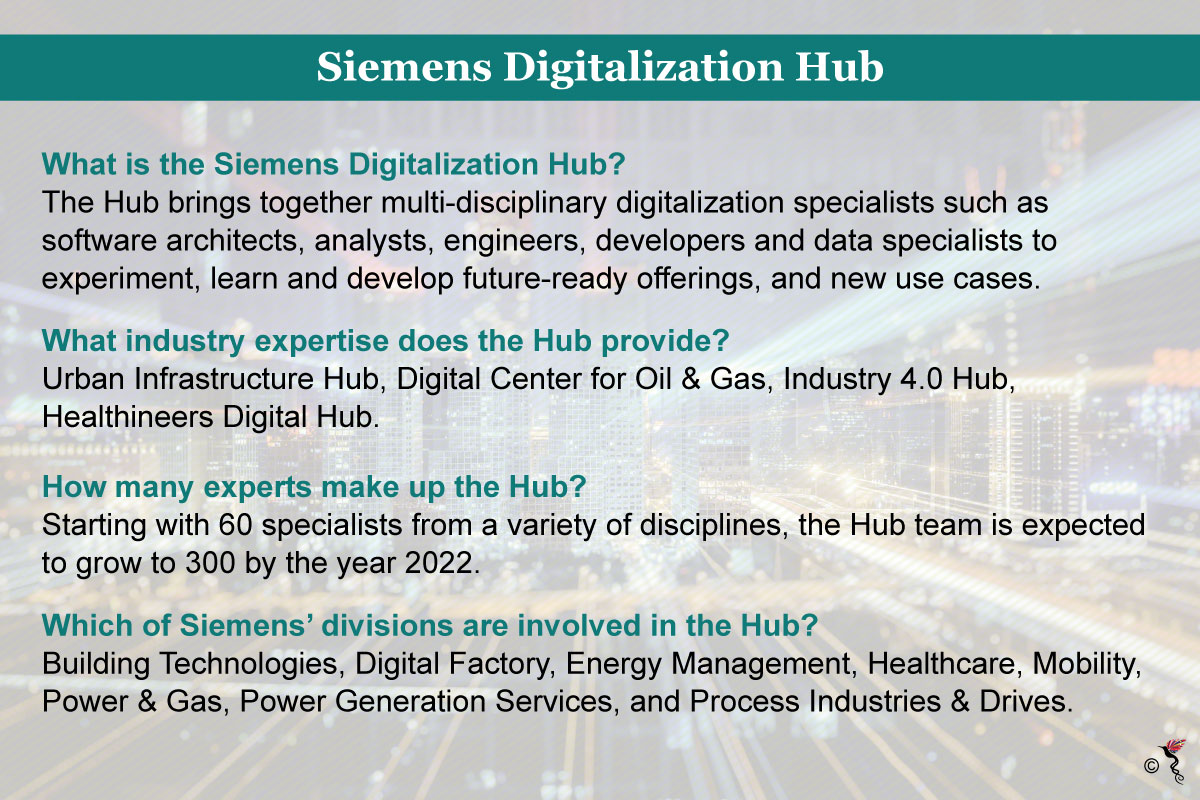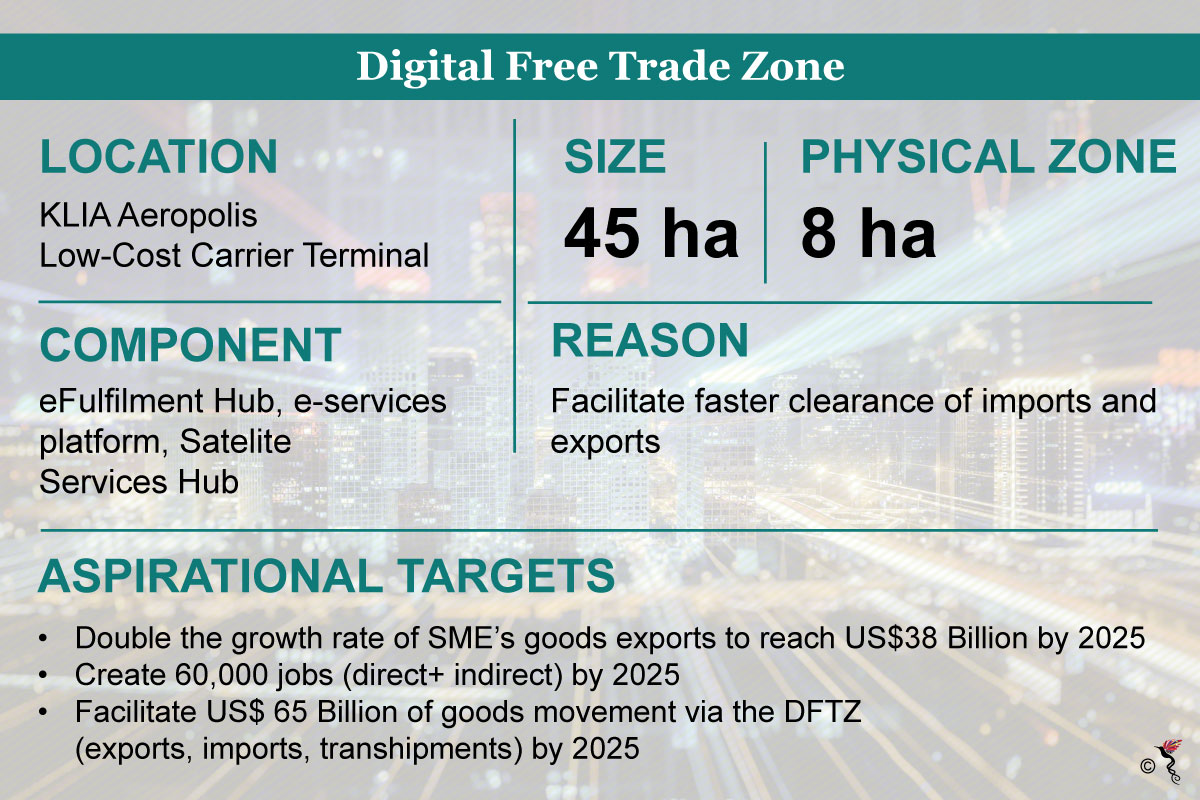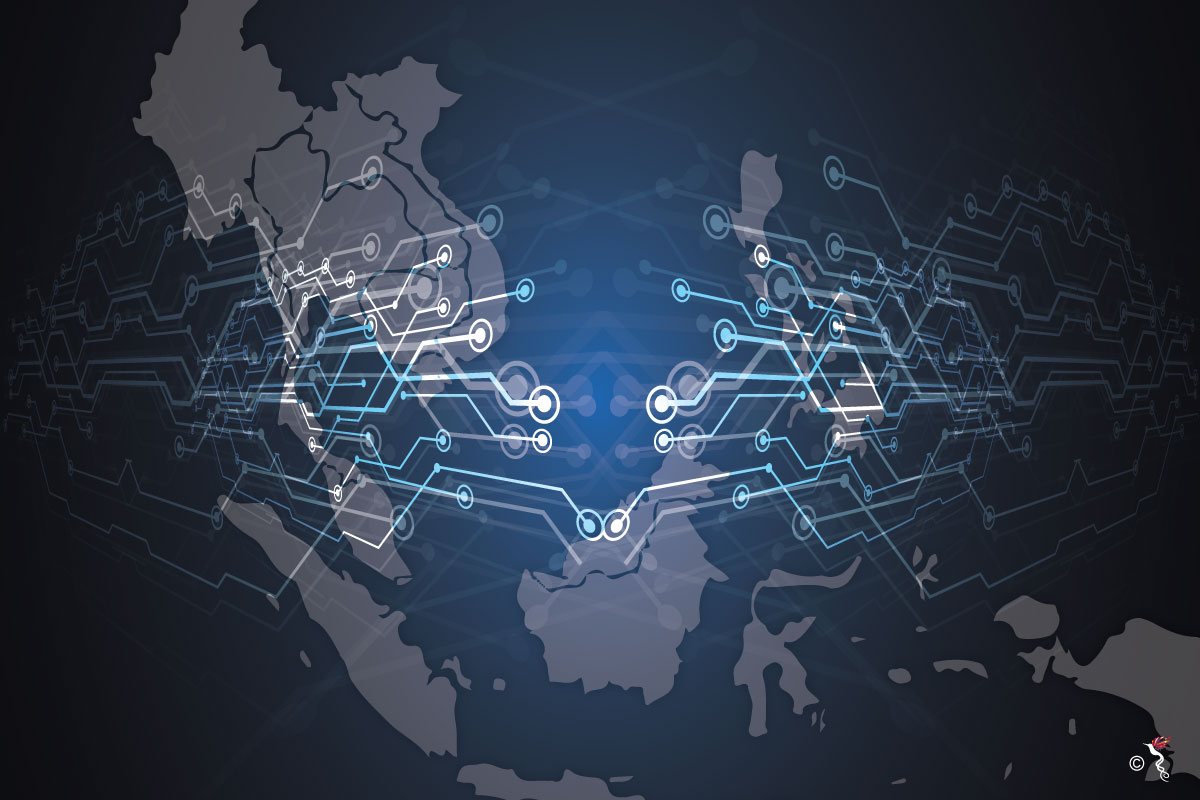Malaysia and Singapore have rightly embraced digitalisation as the way forward for their respective nations.
At a recent event, Malaysian Deputy Prime Minister, Zahid Hamidi said that the country’s digital economy is projected to contribute almost 20 percent of the Gross Domestic Product (GDP), up 18 percent from 2016. The Malaysian government had recently allotted 61 million dollars to upgrade smart manufacturing services, which would support investments and business activities.
In line with the trend of digitalisation, Singapore’s chairmanship of Association of Southeast Asian Nations (ASEAN) next year will focus on the themes of innovation and resilience. A key focus under those themes would be the digital economy and e-commerce.
In his address during the ASEAN Summit in Manila, Singaporean Prime Minister, Lee Hsien Loong remarked that technology and the drive towards a digital economy is a key ingredient in the region’s development.
ASEAN’s digital economy is slated to grow by 500 percent and be valued at 200 billion dollars by 2025.
Singapore’s Digitalization Hub
The island nation recently partnered with Siemens to establish the world’s first fully integrated Digitalization Hub. At the hub, Siemens will be developing innovations in line with the developments of Industry 4.0 and the Internet of Things (IoT) in collaboration with its clients from around the Southeast Asian region.
“Singapore is one of the greatest economies in the world. It is known for excellence, long term planning and forward thinking. Siemens will be key partner to help prepare Singapore for the new digital economy. To help achieve this, we’re setting up our largest fully-integrated Digitalization Hub in Singapore. We are bringing together experts from all our businesses, leveraging our leading industry know-how to optimize energy management, modernize infrastructure and transform industries,” said Chief Executive Officer of Siemens AG, Joe Kaeser.

Facts on the Siemens Digitalization Hub
A vital component of the hub is the MindSphere IoT operating system. MindSphere allows for the harnessing of big data from billions of intelligent devices for use to obtain valuable transformational insights. Besides helping improve efficiency from analysing the big data obtained, it is also a cost-effective and scalable cloud Platform as a Service (PaaS).
According to Kaeser, “piloting MindSphere as the IoT operating system, Singapore has a unique opportunity to become the leading fully integrated urban ecosystem on the globe.”
The hub is also supported by the Singapore Economic Development Board (EDB) and will be a major element in ensuring the country’s goal to become a Smart Nation is reached.
“We are proud to partner Siemens in its new Digitalization Hub which will support Singapore’s move to become a Smart Nation. Leveraging Siemens’ MindSphere operating system, this Hub will create new opportunities for businesses to tap onto the country’s rich digital ecosystem to codevelop innovative digital solutions in the Industrial IoT space,” EDB Chairman, Beh Swan Gin said.
The Digital Free Trade Zone (DFTZ) in Malaysia
Across the causeway Malaysia has embarked on the world’s first Digital Free Trade Zone (DFTZ), a brainchild of Chinese tech magnate and founder of Alibaba Group, Jack Ma.
The DFTZ is an initiative which seeks to provide physical and virtual zones which would help Small and Medium Enterprises (SME) capitalise on the exponential growth of the internet economy and cross-border eCommerce activities. The setup aims to facilitate seamless cross-border trade and enable local business to export their goods. However, priority will be given for eCommerce.
The DFTZ consists of three elements – the physical zone which includes the eFulfillment Hub and Satelite Services and the virtual zone, consisting of the eServices Platform.

The Digital Free Trade Zone (DFTZ)
“Malaysians have embraced the internet economy and eCommerce in a big way. We are now leading the eCommerce market in the region generating revenue of 2.3 billion dollars in 2015. With the launch of the world’s first Digital Free Trade Zone, Malaysia will serve as a regional eFulfillment center, and also become the regional hub for SMEs, marketplaces and monobrands,” said Malaysian Prime Minister, Najib Abdul Razak during the launch ceremony.
The hub is set to be fully developed by 2019 as part of Ma’s greater vision to build a worldwide network of e-hubs, building towards an electronic world trade platform (eWTP).
“The eWTP or Electronic World Trade Platform should be driven by businesses and supported by governments. If we can build an inclusive platform for businesses and young people to trade and do business freely, openly, and fairly, this will be fundamental to the world economy over the next 20 to 30 years and for the century,” said Ma.
The 2019 deadline for the DFTZ will give ample time for SMEs and startups within the country to catch up in their digital transformation progress.
Both Malaysia and Singapore are at the driving seat of ensuring their domestic agendas of digitalisation is achieved. The lessons and mistakes of their experiences will likely guide other nations in the region as they embark on their own plans for digitalisation.
Recommended stories:
